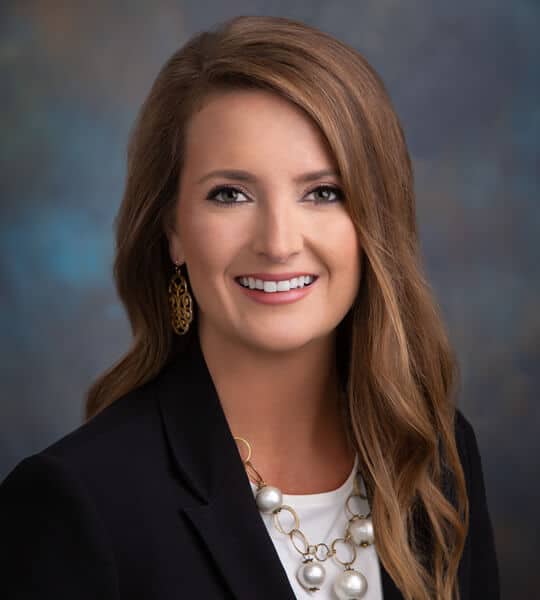Your home is where you live and play, and it’s the setting for all of the stories of you and your family. Loosing it is the last thing you want. However, overwhelming debt can lead to foreclosure. Filing bankruptcy may be the best way to save your home from foreclosure, and find breathing room until you get back on your feet.
Bankruptcy Can Either Delay or End Foreclosure
Filing for bankruptcy is an opportunity, not a guarantee. It is important for you to understand the differences in the options and outcomes whether you file Chapter 7 or Chapter 13 bankruptcy, especially if you are facing foreclosure. Whether you are filing Chapter 7 or Chapter 13, the most the courts can offer is a chance to get your footing and save your home. As soon as your attorney files your bankruptcy case, the court will grant an automatic stay. This puts an abrupt halt to the foreclosure process. As long as the bankruptcy case is filed before the date of foreclosure, the automatic stay will immediately halt or reverse any actions taken by the lender after the date of filing.
Chapter 7 Bankruptcy and Foreclosure
Filing for Chapter 7 Bankruptcy cannot end a foreclosure, but it can delay it for a time. Once the case is filed, the automatic stay takes effect, you will have a temporary reprieve from making payments on your debt. This will allow you time to save money that can either be used to find new housing. Chapter 7 bankruptcy can also relieve any associated debt like mortgages, home equity loans, and even some tax liability associated with those loans. What filing for Chapter 7 cannot do is guarantee that you will keep your home. What it can do is wipe the slate clean so that you can rebuild your life out from under the weight of immense debt.
Considerations: While filing Chapter 7 is often the easiest and more popular choice for finding debt relief, if you are facing foreclosure, there are some considerations you want to keep in mind.
- Chapter 7 Bankruptcy cannot end a foreclosure. Once your bankruptcy case is closed, the lender will still be able to pursue foreclosure on your property.
- You may lose property you don’t want to lose. Because the lender is allowed to pursue foreclosure following your filing, you will likely lose your home, and under Chapter 7, you could also lose other property, as well.
- Chapter 7 usually only lasts 4 months. For some this is a plus because after 4 months, you have a clean slate to begin anew, but for others looking for a longer reprieve from foreclosure, this is one for the minus column.
- An Automatic Stay isn’t guaranteed. Under certain circumstances (i.e. someone’s third bankruptcy filing within a year, or if someone has a history of using legal means to delay or stop a foreclosure) the court may lift the automatic stay and allow the lender to continue the foreclosure process before the case is closed. This can mean less time to save money to find an alternative housing option.
If losing your home is inevitable, and gaining a fresh start is your ultimate goal, filing for Chapter 7 bankruptcy is likely the best option for you. Working with your bankruptcy attorney to determine what the best choice is will help you avoid giving up more than you need to as you make the choice to confront and eliminate overwhelming debt.
Chapter 13 Bankruptcy and Foreclosure
If there is a chance that you can hold on to your home, filing Chapter 13 Bankruptcy may be the right choice for you. In the case of Chapter 13 bankruptcies, you may be able to keep your home if you and your attorney can present a plan to the courts that pays off your mortgage arrears over time while continuing to pay the current mortgage payment. Through Chapter 13 bankruptcy, you and your attorney can work with your other creditors to lower or remove interest altogether, reduce payments and sometimes negotiate down debt so that you can have the breathing room you need to be able to make your mortgage payments and keep your home.
Considerations: While filing Chapter 13 may seem like the ideal solution, there are, as always, a few things to consider.
- Chapter 13 bankruptcy does not remove ALL debt. While you and your attorney will work with creditors to lower your bills, you will not be left with the “clean slate” that filing Chapter 7 can offer.
- You still may not be able to keep your home. Chapter 13 gives you a chance to work with creditors, but if you are unable to present an acceptable plan to pay back your arrears and maintain your mortgage payments, your creditor may be able to continue with the foreclosure once the case is closed.
The Right Bankruptcy Attorney Can Help
When you and your family are facing the burden of debt and foreclosure, having the right attorney working with you can make all the difference. At Hall , PC our team of bankruptcy attorneys and staff have decades of experience helping others just like you make the right decision. We can help you decide which course of action will be best for you to move forward with the brightest possible future. Don’t let overwhelming debt result in foreclosure. Call today to schedule a consultation and let us help you take the right steps to find room to breathe again. (800) 652-1791


